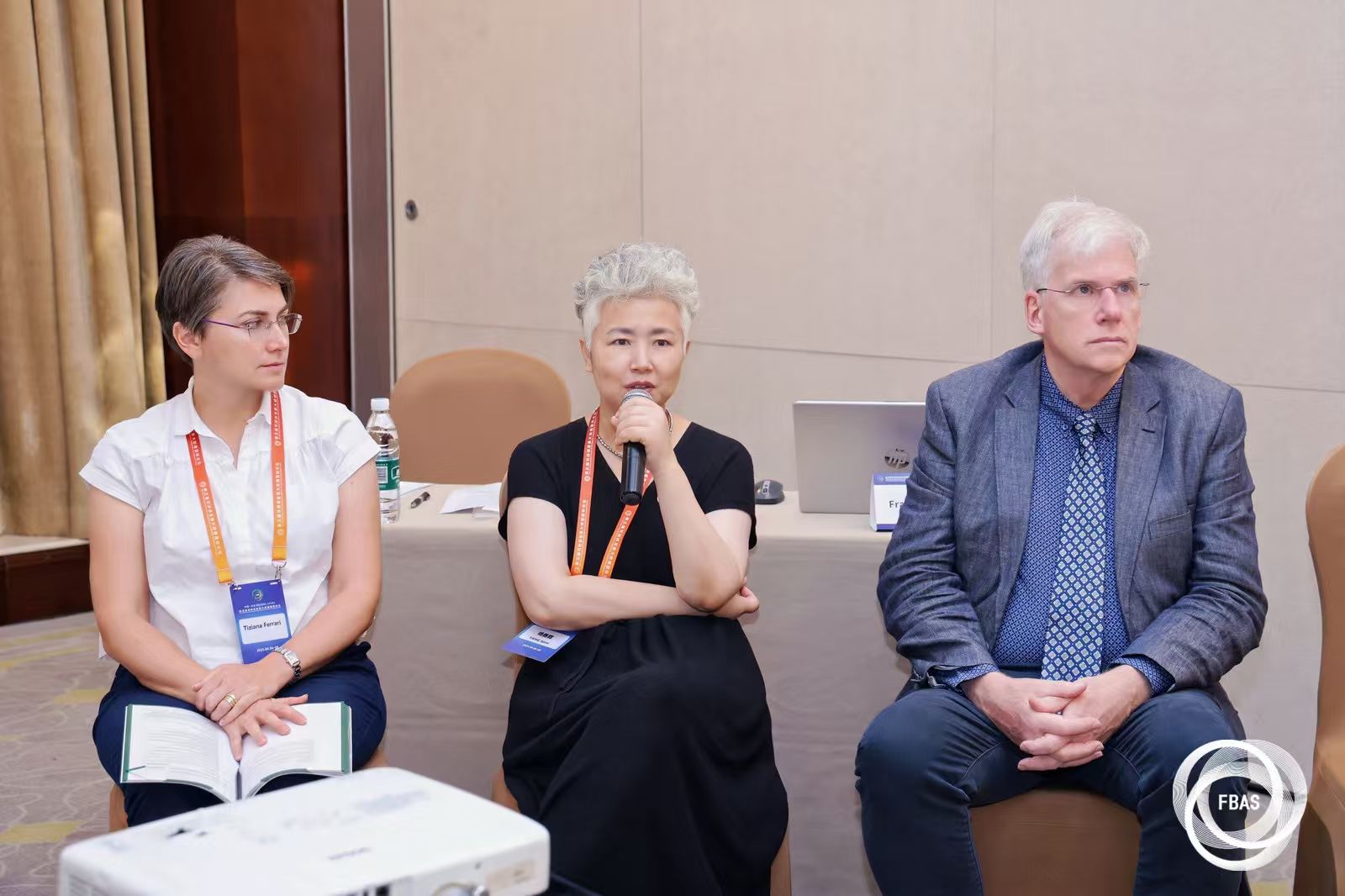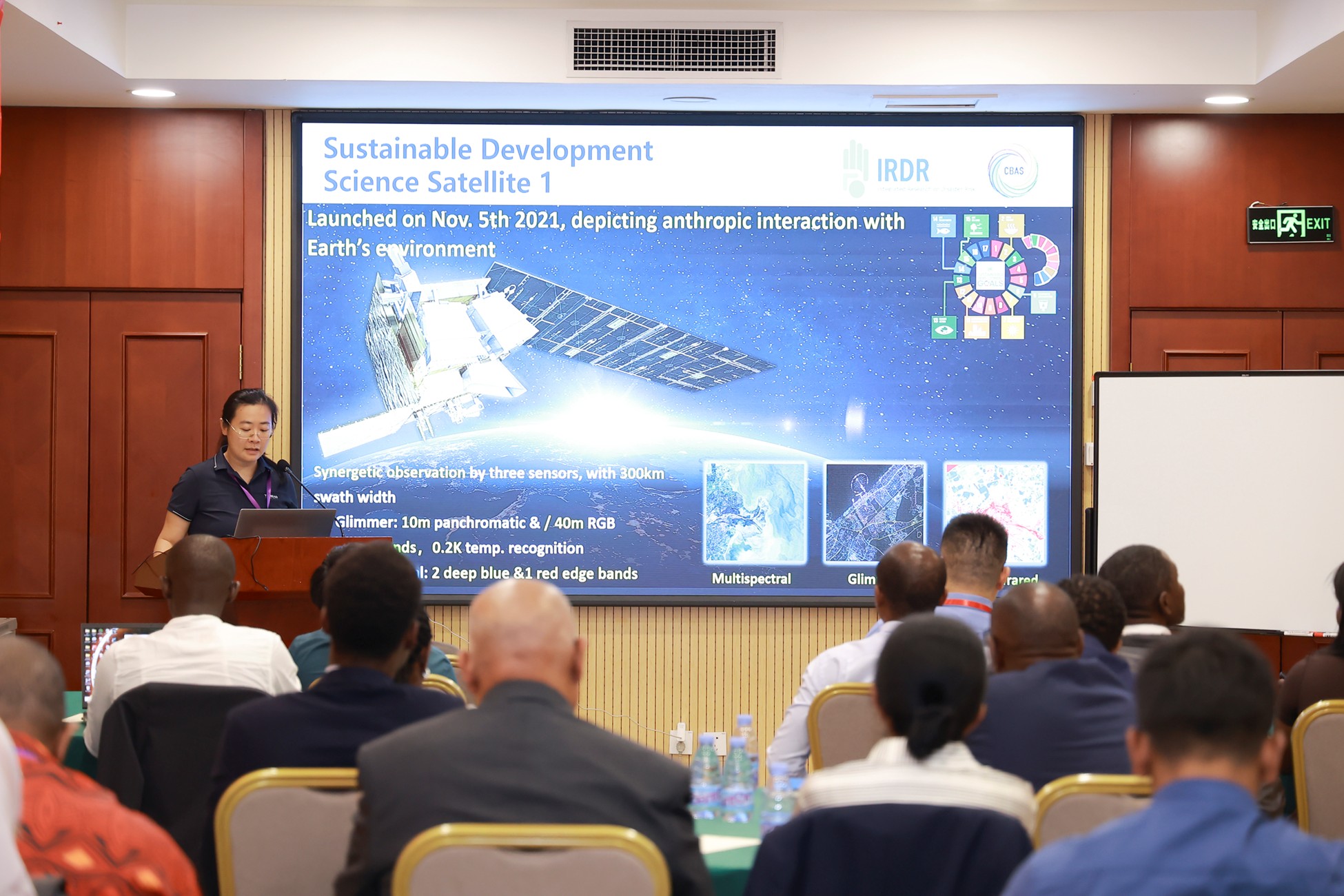Resilience plays a pivotal role in reducing the impact of disasters on communities and in fostering peace and sustainable development. It is a timely coincidence that the themes of two major International Days in 2025 – “Fund Resilience, Not Disasters” (International Day for Disaster Risk Reduction) and “Trust, Transformation, and Tomorrow: The Science We Need for 2050” (World Science Day for Peace and Development) – resonate strongly with the objectives of the IRDR programme, which promotes risk-informed development and contributes to peace through science diplomacy. Effective disaster risk management requires a multifaceted strategy encompassing adequate funding, proactive prevention, and enhanced public awareness. As Ismail-Zadeh and Takeuchi (2007) noted, “(i)f about 5–10% of the funds necessary for recovery and rehabilitation after a disaster were spent to mitigate an anticipated event, it could in effect save lives, constructions, and other resources.” This insight underscores the importance of prioritizing investment in disaster risk reduction as a cost-effective means of safeguarding communities.
Scientific research and technological innovation are essential for strengthening disaster preparedness and response capacities. Advances in data collection, modeling, and risk assessment provide valuable tools for anticipating hazards and reducing vulnerabilities. By integrating science into disaster risk reduction strategies, societies can enhance resilience, mitigate potential impacts, and accelerate recovery. Investments in disaster risk reduction not only protect lives and resources but also contribute to broader goals of peace, development, and prosperity. Science plays a central role in building both trust and resilience within societies, offering evidence-based approaches to reduce risks and manage uncertainty. Through a stronger scientific understanding of disaster risks, communities are better positioned to protect themselves, adapt to future challenges, and build more resilient and sustainable societies.
Alik Ismail-Zadeh, Chair of the IRDR Scientific Committee





